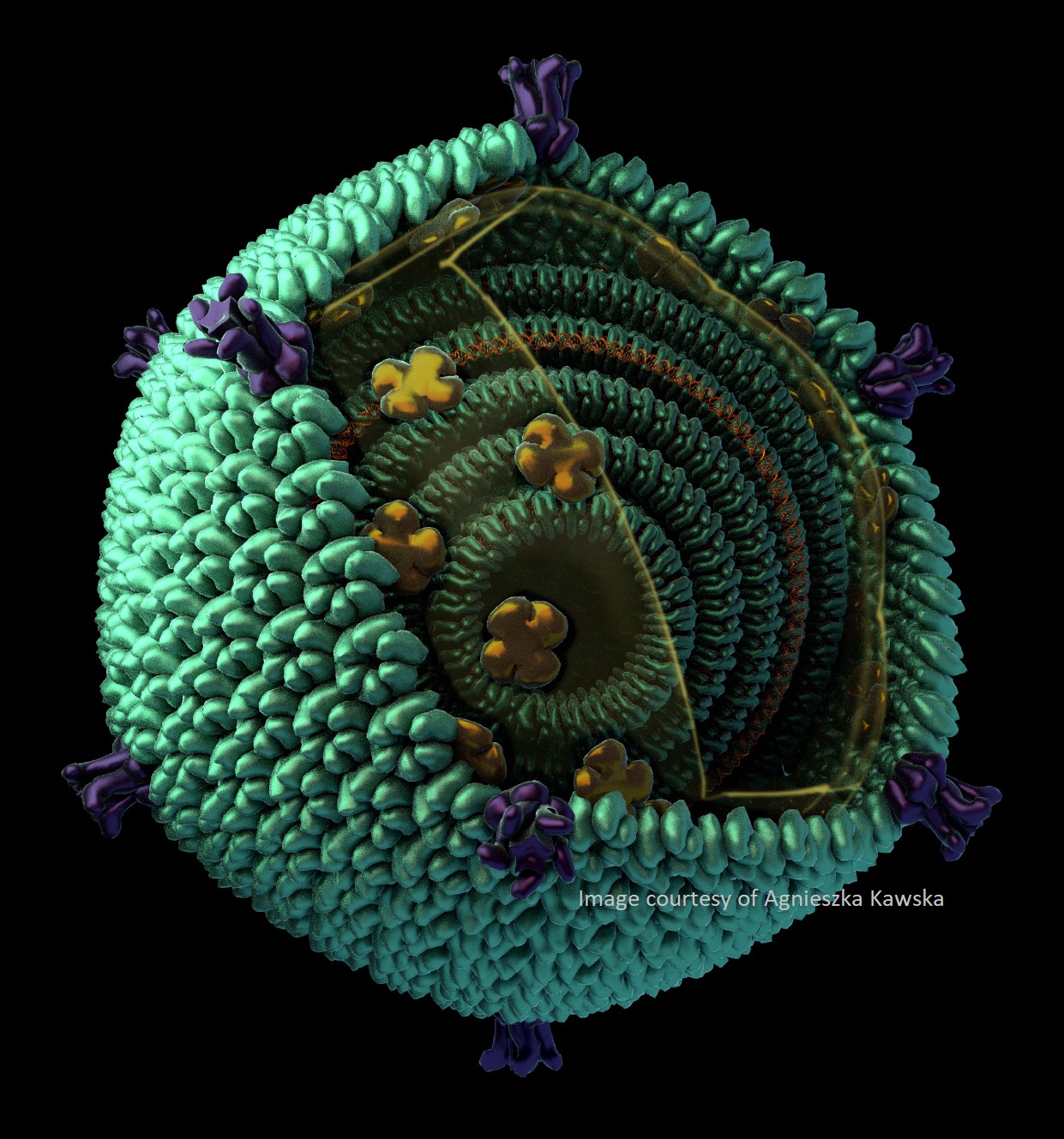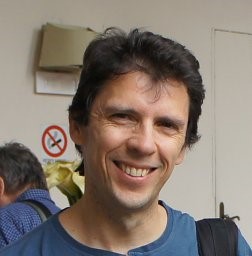
Yuntao Liu
Postdoctoral scholar, California NanoSystems Institute, UCLA
Date and time: Apr 10th, 2024
Wednesday, at 8am PST / 11am EDT / 3pm GMT / 5pm CET / 11pm China
For the zoom and gather.town links, please join the One World Cryo-EM mailing list.
Single-particle IsoNet: an AI-based method to overcome the “preferred” orientation problem
While advances in single-particle cryoEM have enabled the structural determination of macromolecular complexes at atomic resolution, particle orientation bias (the so-called “preferred” orientation problem) remains a complication for most specimens. Existing solutions have relied on biochemical and physical strategies applied to the specimen and are often complex and challenging. Here, we develop spIsoNet, an end-to-end self-supervised deep-learning software to address the preferred orientation problem. Using preferred-orientation views to recover molecular information in under-sampled views, spIsoNet improves both angular isotropy and particle alignment accuracy during 3D reconstruction. We demonstrate spIsoNet’s capability of generating near-isotropic reconstructions from representative biological systems with limited views, including ribosomes, β-galactosidases, and a previously intractable hemagglutinin trimer dataset. spIsoNet can also be generalized to improve map isotropy and particle alignment of preferentially oriented molecules in subtomogram averaging. Therefore, without additional specimen-preparation procedures, spIsoNet provides a general computational solution to the preferred orientation problem.













